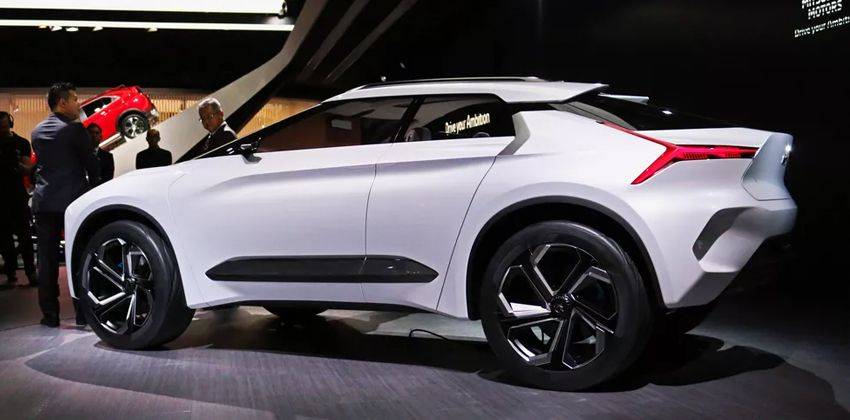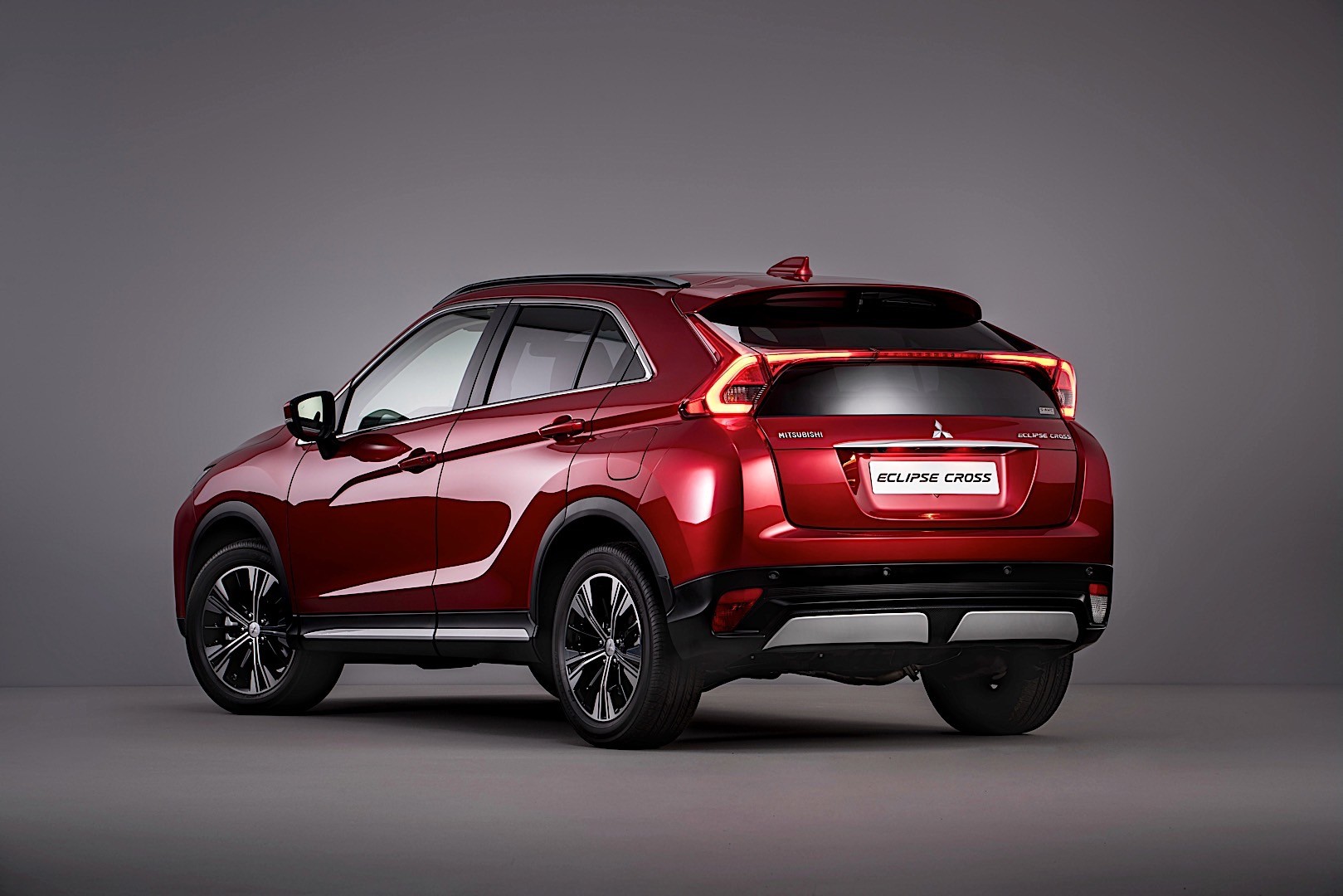
Mitsubishi Fuel Economy and Real-World MPGįuel-economy results are entirely unremarkable. Steering is accurate and light-good for parking-lot maneuverability but discouraging for back-road antics. However, small cracks in the road transmit vibrations up through the steering wheel and seats, something rival crossovers such as the Ford Escape and the Kia Sportage smooth out more thoroughly. That softness pays off in its ride quality, with the chassis remaining composed while driving over broken pavement and railroad crossings. The Eclipse Cross's suspension is clearly tuned for comfort taking corners at speed results in moderate body roll. Aggressive throttle applications evoke less engine noise than expected, and highway cruising is quiet and unremarkable-just what we want from crossovers in this class. Paired with a continuously variable automatic transmission (CVT), the engine delivers power smoothly. The last one we tested jogged to 60 mph in 8.6 seconds at our test track. The Eclipse Cross's turbocharged four-cylinder isn't going to set anyone's heart aflame. It adds many additional features over the LE model that justify its slightly higher price tag, including keyless remote entry with pushbutton start, driver-assistance features, and dual-zone automatic climate control. When the production model crossover hot hatch does arrive, look for the e-Evolution to be an all-electric vehicle that will be anything but boring.The SE model represents the best balance of value and features. The Mitsubishi Lancer Evolution is gone forever, but a new era of eco-performance is coming soon for performance fans. Mitsubishi is also developing new AI (artificial intelligence) technology they say will “augment the driver’s capabilities” to ultimately make the vehicle perform according to their abilities and “quickly experience a vehicle that behaves the way they want it.” Mitsubishi says because it doesn’t have a big internal combustion engine under the hood, it gave designers the space to design a radically novel cockpit with an instrument panel that appears to float in front of the driver. The drive battery is located under the floor mid-ship of the vehicle, providing a low center of gravity, so the vehicle will have superior driving dynamics over an ICE powered vehicle. The press release says it will be faster and quicker than their Internal Combustion Engine (ICE) powered Lancer Evolution performance sedan.

The new e-Evolution will be a new breed of “high performance cross-country tourer, ” they say will outperform the old EVO.

The brand will use technology developed from years of motorsports involvement, and they will incorporate their proven S-AWC all-wheel drive system from the rally-bred EVO sedan. There's a new world of eco-performance coming and Mitsubishi will be leading the way. Mitsubishi says, the prototype “illustrates the strategic direction of a renewed MMC brand that incorporates the strengths of SUV, EV, and the ability to integrate new systems for a connected mobility customer experience.” It’s Mitsubishi’s new brand strategy under the new "Drive your Ambition" global tagline, that will drive the Japanese automaker’s future vehicles, and it’s an all-electric future. Their first example is the e-Evolution Concept they brought to the Tokyo Motor Show. and global markets in the next decade.Į-Evolution Concept reveals new brand strategy They should be bringing some fun new products to the U.S. Mitsubishi has been on the leading edge of all-electric technology, and the new partnership with Nissan will fund a new revitalized vision for the company. The brand’s strategy moving forward will be to bring new eco-performance vehicles to market. Even though it disappointed EVO enthusiasts, Mitsubishi was smart to axe the performance sedan because they know the market is calling for Crossovers, SUVs and hatches. The Japanese automaker is leading the way into the EV revolution that’s coming whether we like it or not.


They've replaced the nameplate with a new concept called the e-Evolution that will bring about big changes to the performance vehicle market. Mitsubishi axed the popular Lancer Evolution last year and is moving out of the Internal Combustion Engine (ICE) performance vehicle market in a big way.


 0 kommentar(er)
0 kommentar(er)
